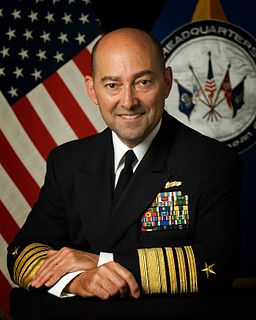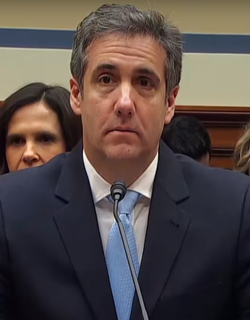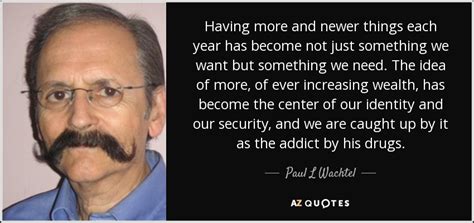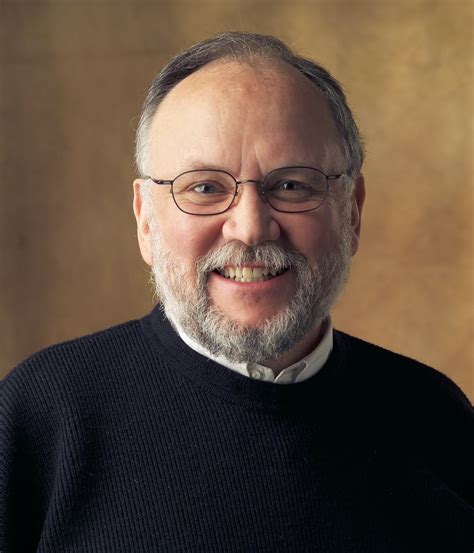A Quote by Barack Obama
Our vulnerability to Russia or any other foreign power is directly related to how divided, partisan, dysfunctional our political process is. That's the thing that makes us vulnerable.
Related Quotes
Vulnerability is not weakness, and the uncertainty, risk, and emotional exposure we face every day are not optional. Our only choice is a question of engagement. Our willingness to own and engage with our vulnerability determines the depth of our courage and the clarity of our purpose; the level to which we protect ourselves from being vulnerable is a measure of our fear and disconnection.
The great rule of conduct for us, in regard to foreign nations, is in extending our commercial relations to have as little political connection as possible... Why, by interweaving our destiny with that of any part of Europe, entangle our peace and prosperity in the toils of European ambition, rivalships, interest, humor, or caprice?... It is our true policy to steer clear of permanent alliances with any portion of the foreign world.
We forget that we create the situations, then we give our power away by blaming the other person for our frustration. No person, no place, and no thing has any power over us, for “we” are the only thinkers in our mind. We create our experiences, our reality, and everyone in it. When we create peace and harmony and balance in our mind, we will find it in our lives.
Throughout human history, as our species has faced the frightening, terrorizing fact that we do not know who we are, or where we are going in this ocean of chaos, it has been the authorities - the political, the religious, the educational authorities - who attempted to comfort us by giving us order, rules, regulations, informing - forming in our minds - their view of reality. To think for yourself you must question authority and learn how to put yourself in a state of vulnerable open-mindedness, chaotic, confused vulnerability to inform yourself.
To the extent that our political dialogue is such where everything is under suspicion, everybody is corrupt and everybody is doing things for partisan reasons, and all of our institutions are full of malevolent actors - if that's the storyline that's being put out there by whatever party is out of power, then when a foreign government introduces that same argument with facts that are made up, voters who have been listening to that stuff for years, who have been getting that stuff every day from talk radio or other venues, they're going to believe it.
Unfortunately, as a society, we do not teach our children that they need to tend carefully the garden of their minds. Without structure, censorship, or discipline, our thoughts run rampant on automatic. Because we have not learned how to more carefully manage what goes on inside our brains, we remain vulnerable to not only what other people think about us, but also to advertising and/or political manipulation.
When we hate our enemies, we are giving them power over us: power over our sleep, our appetites, our blood pressure, our health and our happiness. Our enemies would dance with joy if only they knew how they were worrying us, lacerating us, and getting even with us! Our hate is not hurting them at al, but our hate is turning our days and nights into a hellish turmoil.
Part of our identity is the idea that racism is still there and that we are vulnerable to it. So, the question is, 'How vulnerable?' In other words, is it really a problem for us, or is it just a small thing. How do you evaluate racism in America on a scale of 1 to 10? My suspicion is that most blacks overrate it a bit. Not to say it's not there, but we overrate it because this masking is part of our relationship to the larger society. This is a way we keep whites on the hook. We keep them obligated, and we keep ourselves entitled. There's an incentive, you see, to inflate it a little bit.






























